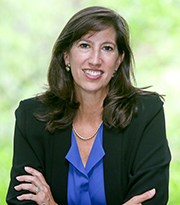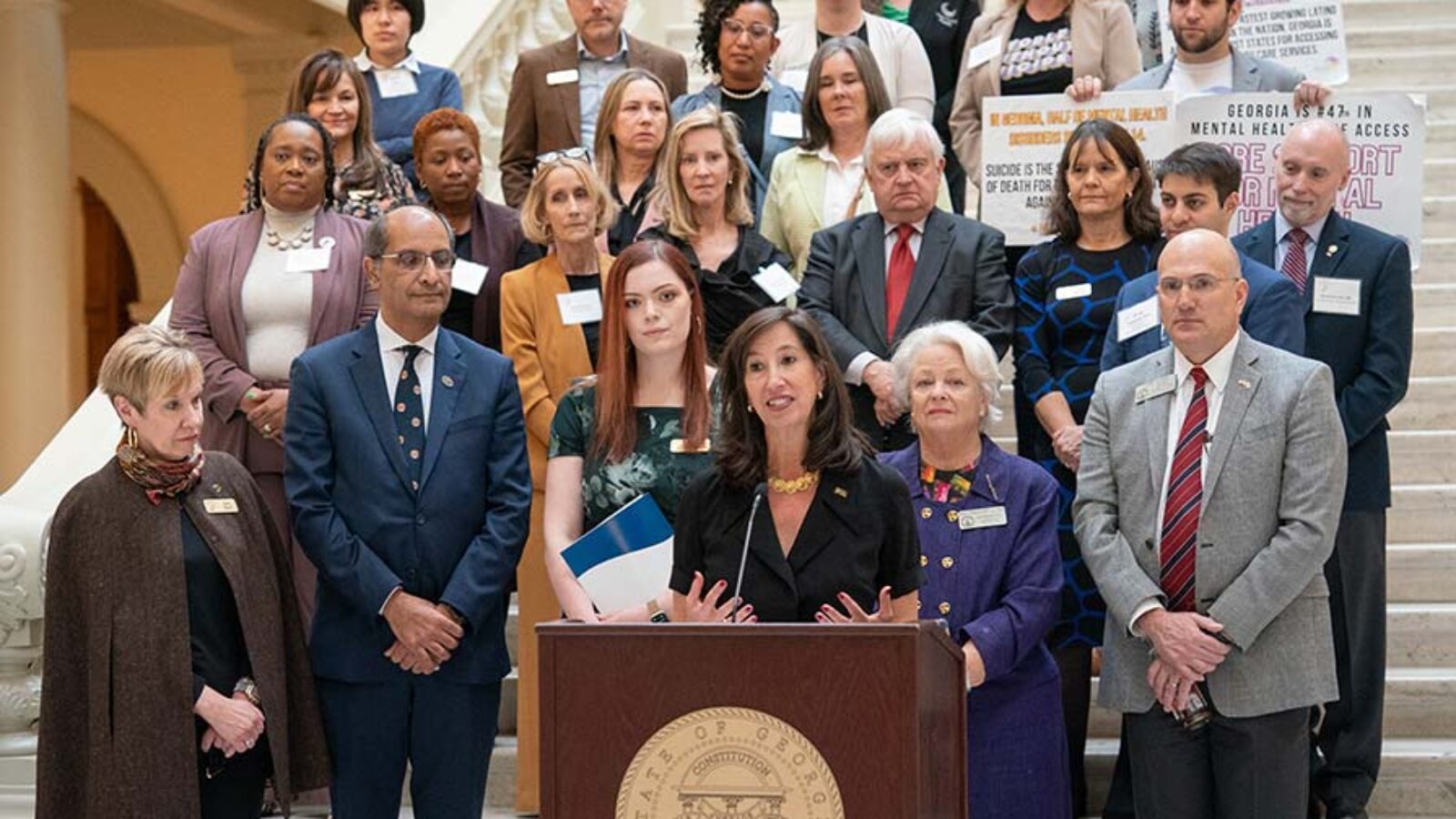From the CEO: Honoring Rosalynn Carter Through Mental Health Parity

Paige Alexander is chief executive officer of The Carter Center.
Last November, we lost one of our leading lights with the passing of the Carter Center’s trailblazing co-founder, former First Lady Rosalynn Carter.
For decades, Mrs. Carter gave her time, talents, and intelligence to a rich portfolio of important causes, among them human rights, women’s rights, early childhood vaccinations, support for caregivers, and, most notably, mental health.
It was Mrs. Carter who founded the Carter Center’s Mental Health Program, nurtured it, and molded it into the influential force it is today.
While we miss her terribly, we will build on her legacy and continue to advance society’s understanding of mental health.
In 2022, the Georgia State Legislature unanimously passed the bipartisan Georgia Mental Health Parity Act, which The Carter Center supported. It requires that insurance companies cover mental health treatment on a par with coverage for physical ailments, but many people in need didn’t know about it.
With funding from the Arthur M. Blank Family Foundation, last fall The Carter Center mounted a campaign to increase awareness in underserved communities in two Georgia cities, Albany and Savannah. Before the campaign, 30% of survey respondents worried that insurance wouldn’t cover treatment for mental health or substance use disorders; after the campaign, only 13% did.
To celebrate and further publicize the act, the Center and our partners organized the first Mental Health Parity Day at the Georgia State Capitol in February. The event brought together legislators, advocates, Carter Center leadership, and people with lived experience to talk about the difference the law is making in people’s lives.
The success of the campaign showed us the exciting potential for expanding awareness of parity in mental health to places far beyond Georgia. We are already planning our next steps.
Mrs. Carter wouldn’t have it any other way, and neither would we.
Global Impact Starts with You
Your support sustains the Carter Center's mission of waging peace, fighting disease, and building hope around the world.


